A cool, wet spring has put a damper on this year’s wildfire season, but the north of the province isn’t out of the woods yet.
The province recorded 217 wildfires between April 1 and July 4, or about half the historical average for the period. The area burned is less than a tenth of the historical average, at 2,748 hectares.
“What really played in our favour is this ongoing presence of snow over the ridgetops, which really reduced the amount of fires we saw ignited from lightning,” says BC Wildfire Service lead forecaster Matt MacDonald
The province typically sees 110 fires sparked by lightning in June; this year, there were just 30.
But northern BC has received little to no precipitation this month, making fuels receptive to lightning ignitions and holdover fires.
The first week of July saw 14 fires larger than a hectare burning in the region, and models indicate warmer temperatures on the way which may increase fire activity.
“There is a relatively strong signal for a switch to warmer than average conditions beginning in mid July and persisting through mid-August,” MacDonald says. “Likely warmer than normal by a degree or two, which over a 30-day period, is noteworthy.”
The precipitation outlook is difficult to predict but there are weak signals of drier than average conditions across much of BC from mid-July to mid-August.
“Areas not currently receiving rain will be more susceptible to large fires as we head into August, especially in the northwest where fuels are drier,” says MacDonald.
The conditions will demand vigilance.
“Response time and quick detection will play key roles in initial attack success across the northern third of the province,” he says.
Ranchers and rural residents have greater freedom this year to respond to fires. While ranchers could respond to fires on their own properties in the past, their role ended once BCWS personnel showed up.
This year, arrangements are in place to allow them to come alongside provincial teams to fight fires and contribute equipment to efforts. Both points were argued for at townhalls held last summer following devastating fires at Monte Lake and Westwold.

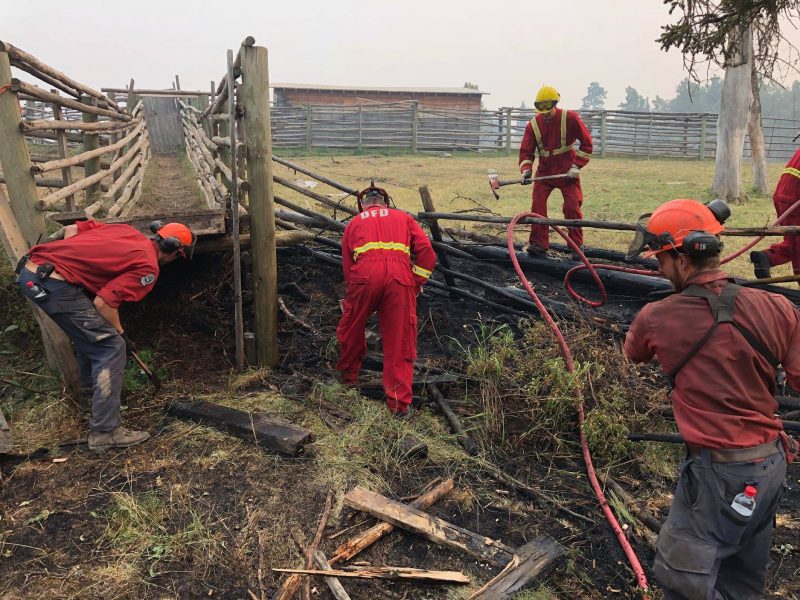

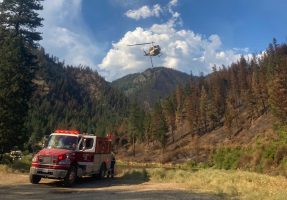
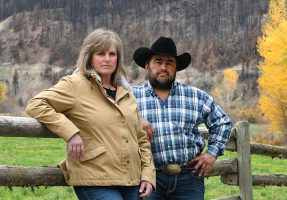
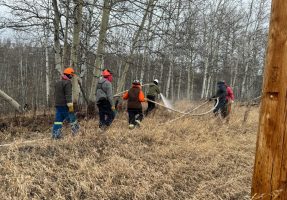
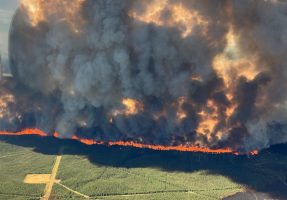
 PremisesID now mandatory
PremisesID now mandatory